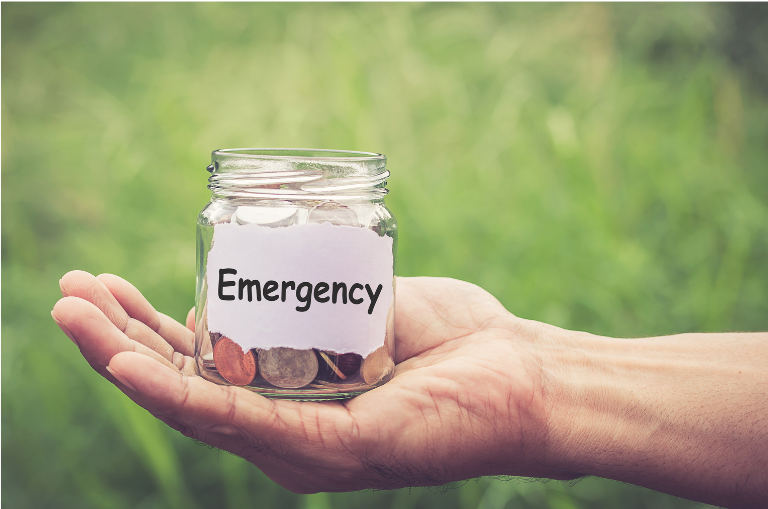
Preparing: An Emergency Financial Toolkit
While we can’t always predict natural disasters, being as prepared as possible can make a meaningful difference when the unexpected happens. Many Queenslanders already keep an emergency kit with essentials like a battery-powered radio, torch, candles, and mobile phone charger. But have you considered creating an emergency financial toolkit?
Here are a few ways you can financially prepare for a disaster:
- Store Important Documents Safely
Keep essential identification and financial documents in a fire-resistant and waterproof safe. Also save electronic copies to an external hard drive or secure cloud storage. - Build an Emergency Savings Fund
Aim to have savings that at least cover the excess on your home and contents insurance. It’s also wise to keep a small amount of cash on hand in case power outages prevent card payments for essential goods. - Understand Your Insurance Cover
Familiarise yourself with your Product Disclosure Statement (PDS) so you know exactly what is and isn’t covered. Make sure you understand your insurer’s claims process, use a trusted home insurance calculator to avoid being underinsured, and consider additional coverage such as insurer ‘safety-nets’ for rising rebuilding costs in disaster-affected areas.
Responding: How Financial Counsellors Can Help
If you’ve been affected by a disaster, you are not alone—free, confidential, and independent financial counselling is available at any stage of recovery. Financial counsellors offer a compassionate, non-judgemental space to help you navigate some of the financial challenges that often arise in the aftermath.
They can assist you to:
- Access income support and disaster relief payments
- Re-establish identification documents, bank accounts, and utility services
- Understand your hardship rights and connect with specialist teams in banks and financial institutions
- Navigate common disaster-related issues with insurance, including referral to legal support or ombudsman services
- Review your current financial position and explore debt reduction or relief options
- Address underlying financial challenges that may have been made worse by the disaster

Additional Resources
Financial Hardship
If you’re unable to meet repayments on a mortgage, credit card, car loan or other debt, you have the right to request hardship assistance. Natural disasters are a valid reason to seek help, and many lenders now offer support—such as temporary repayment pauses—without you needing to ask. It’s important to contact your lender early to explore your options. And if you’re ever unsure or unhappy with their response, financial counsellors and dispute resolution services are here to help.
Insurance
Lodging an insurance claim after a natural disaster such as a bushfire, cyclone or flood can be overwhelming. Insurers must act fairly and with compassion, but the process can still be challenging. If you’re facing issues or need to dispute a claim or offer, don’t hesitate to reach out for help. Financial counsellors and community legal services can provide the support you need.